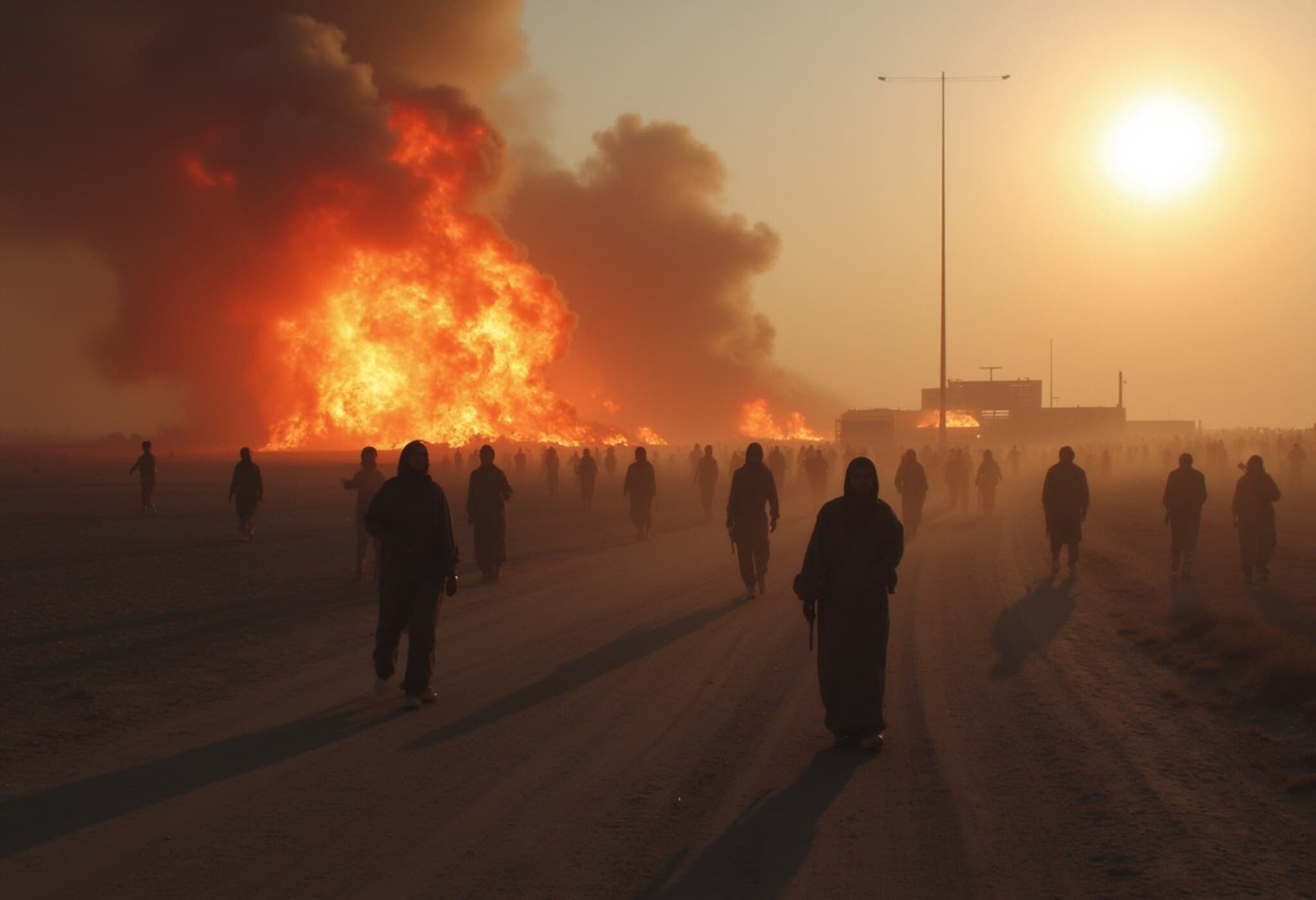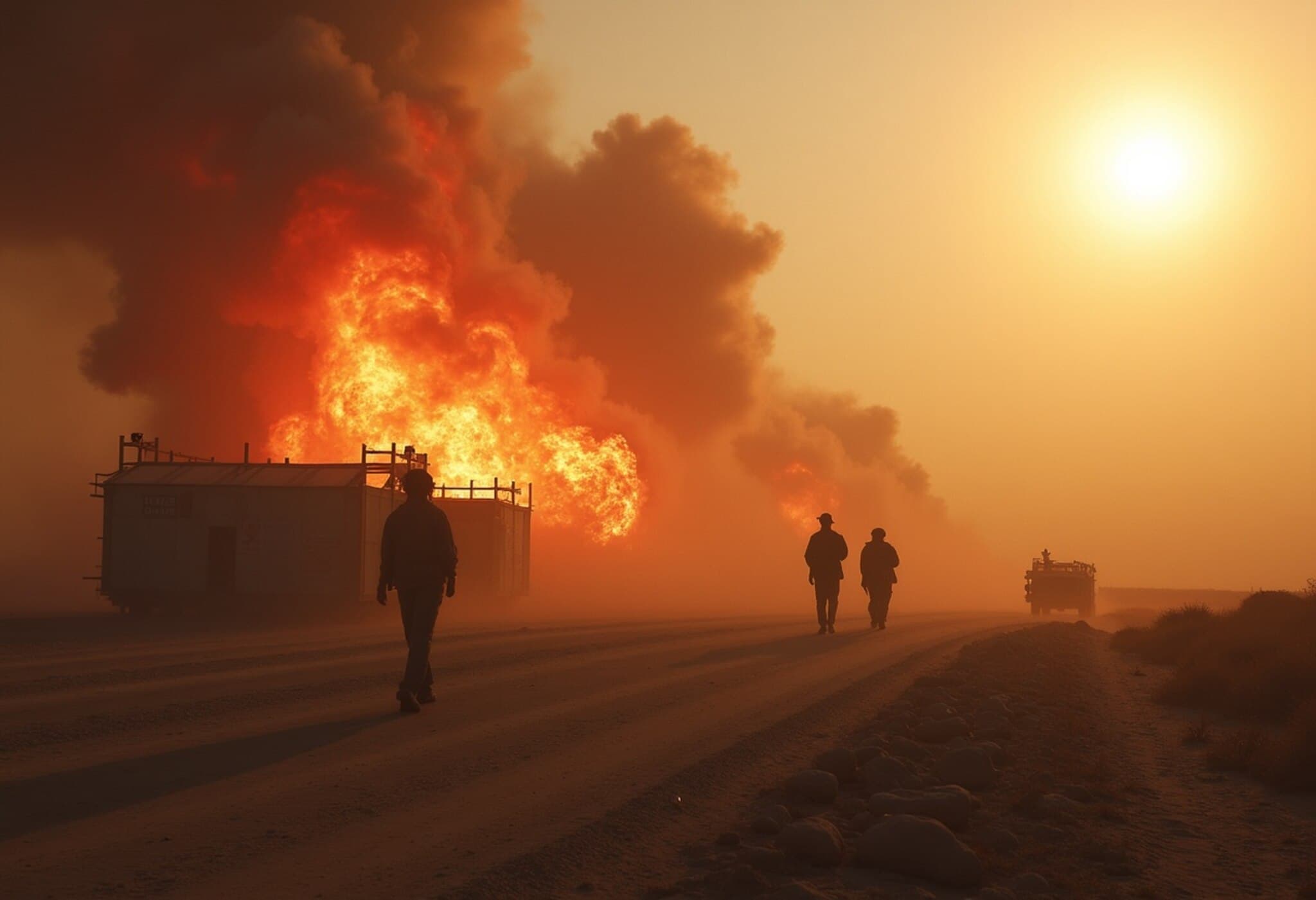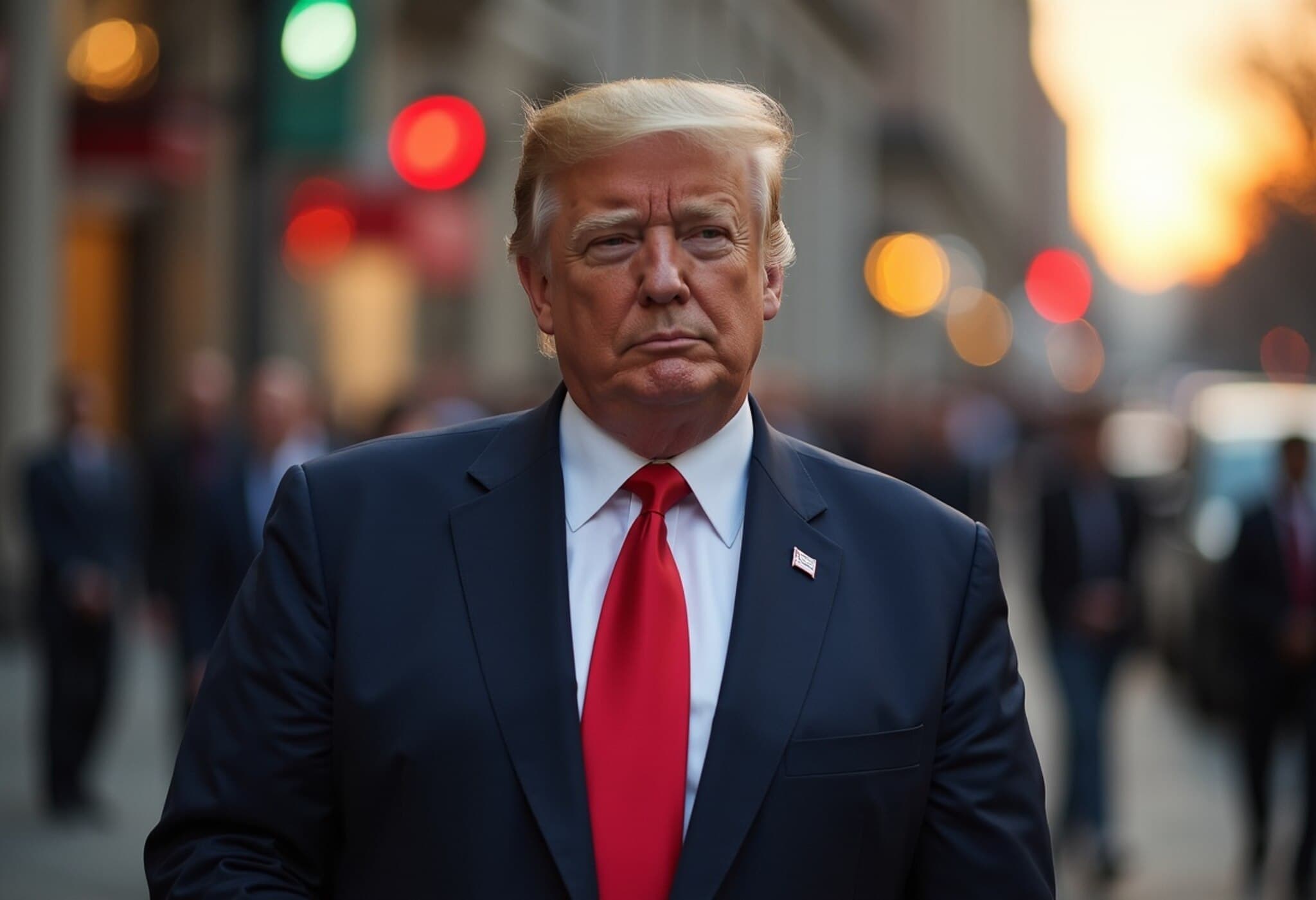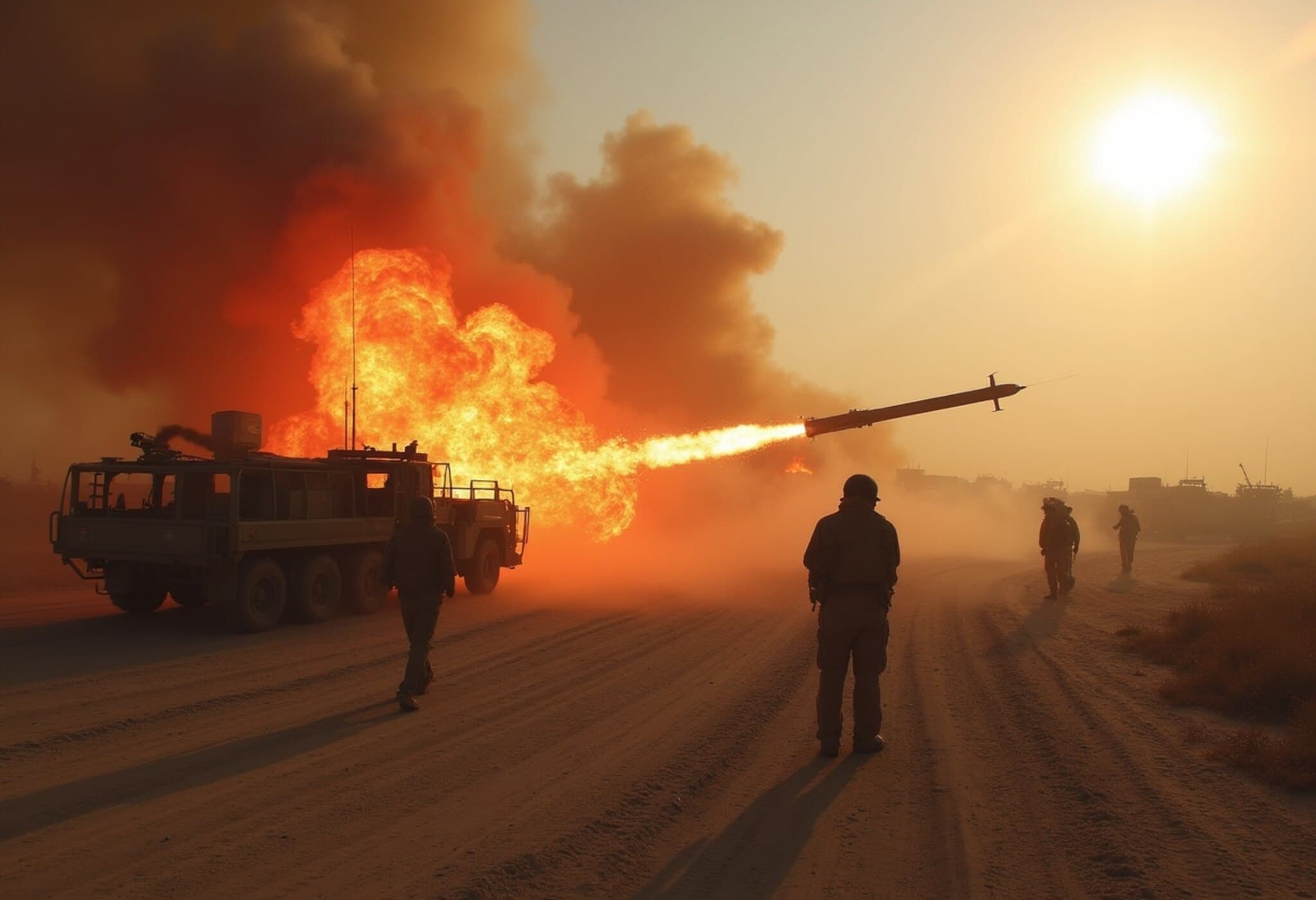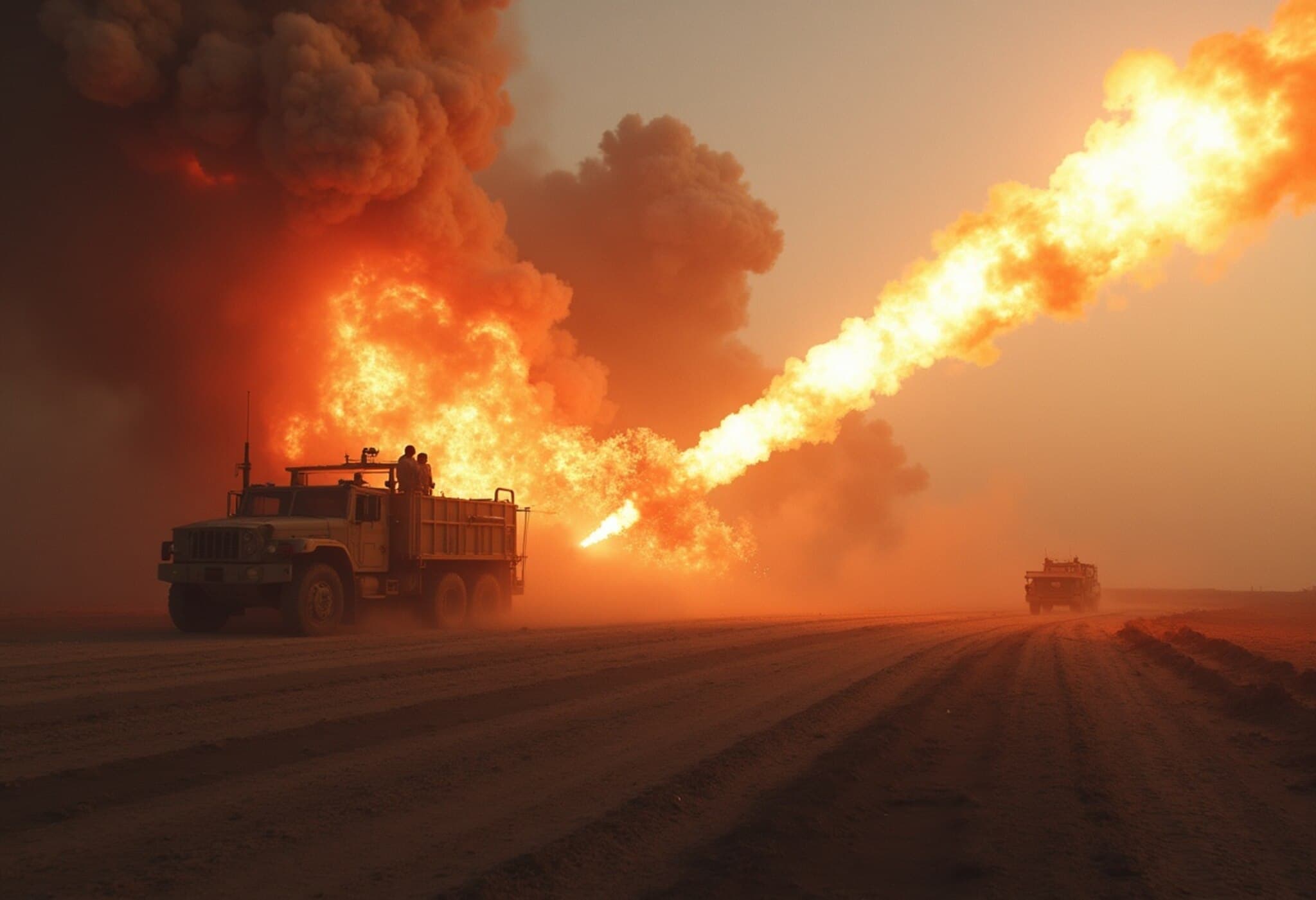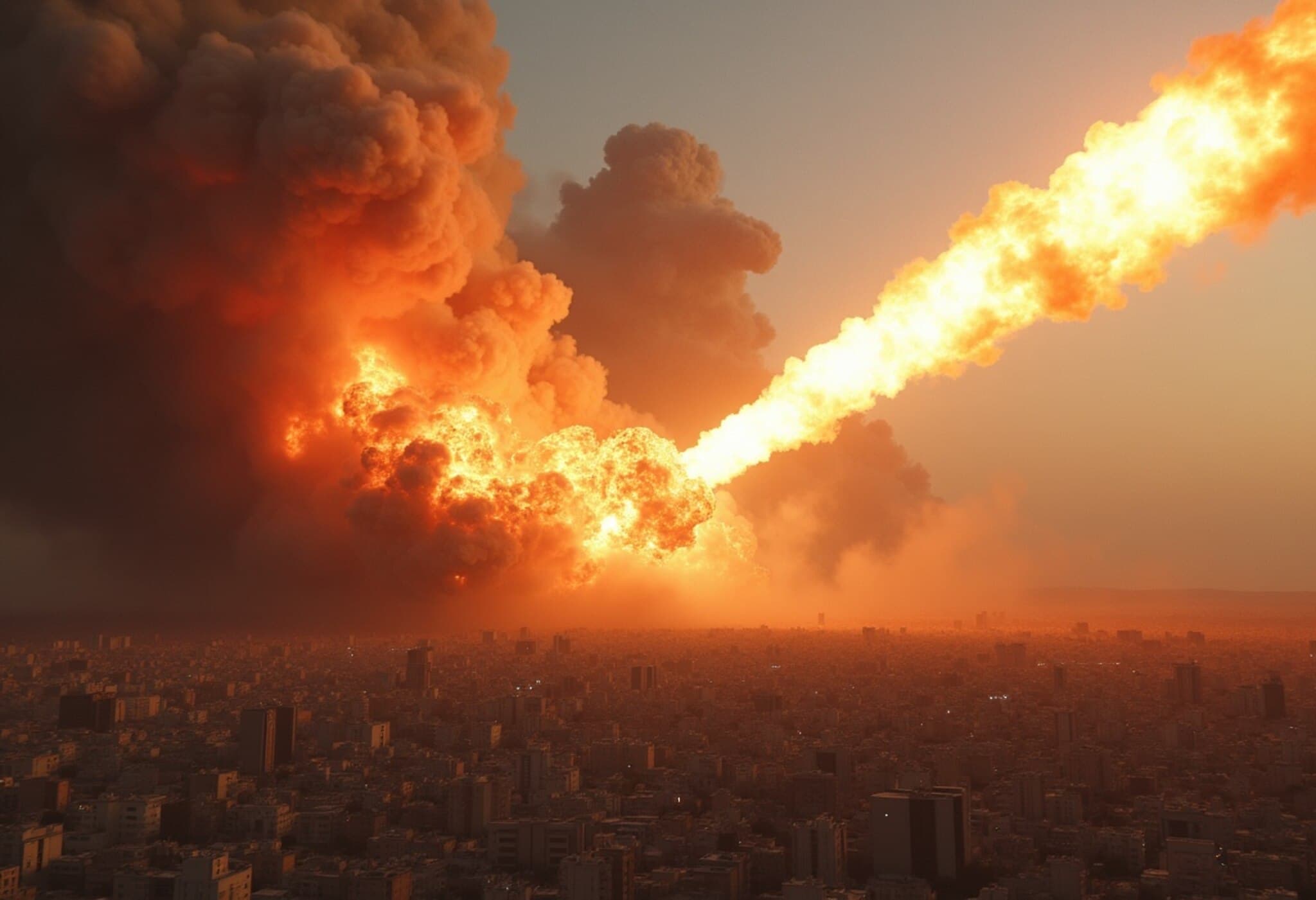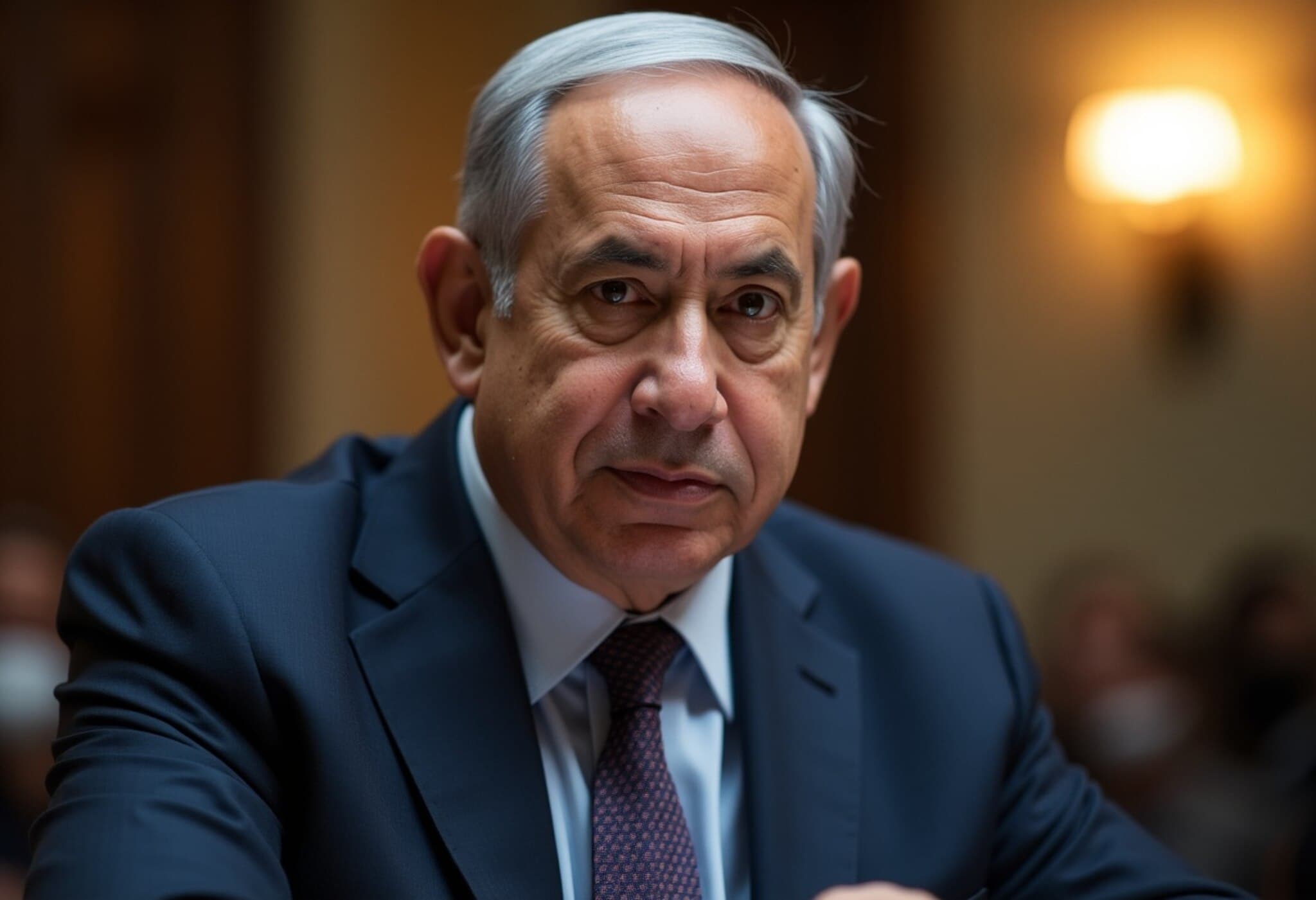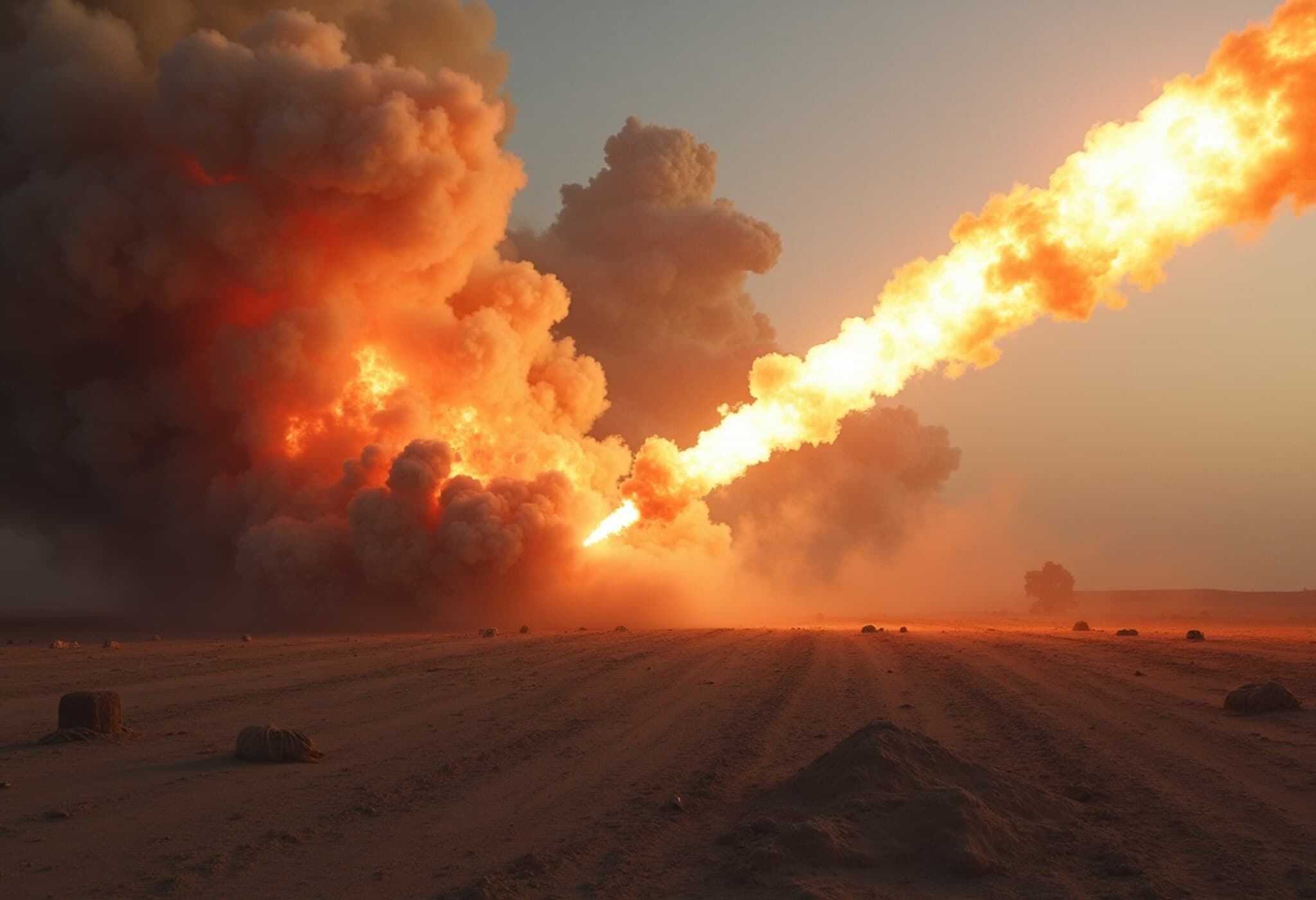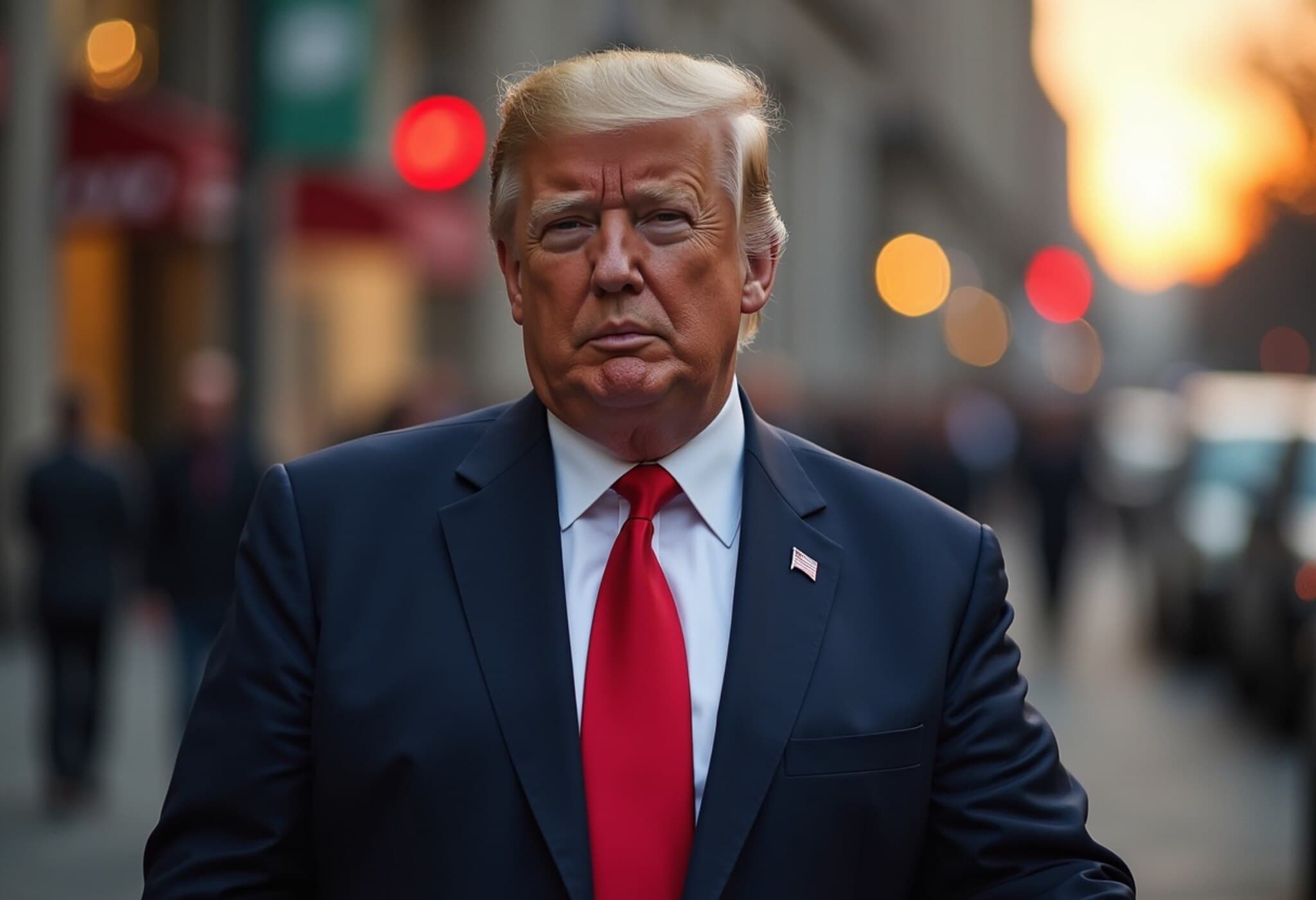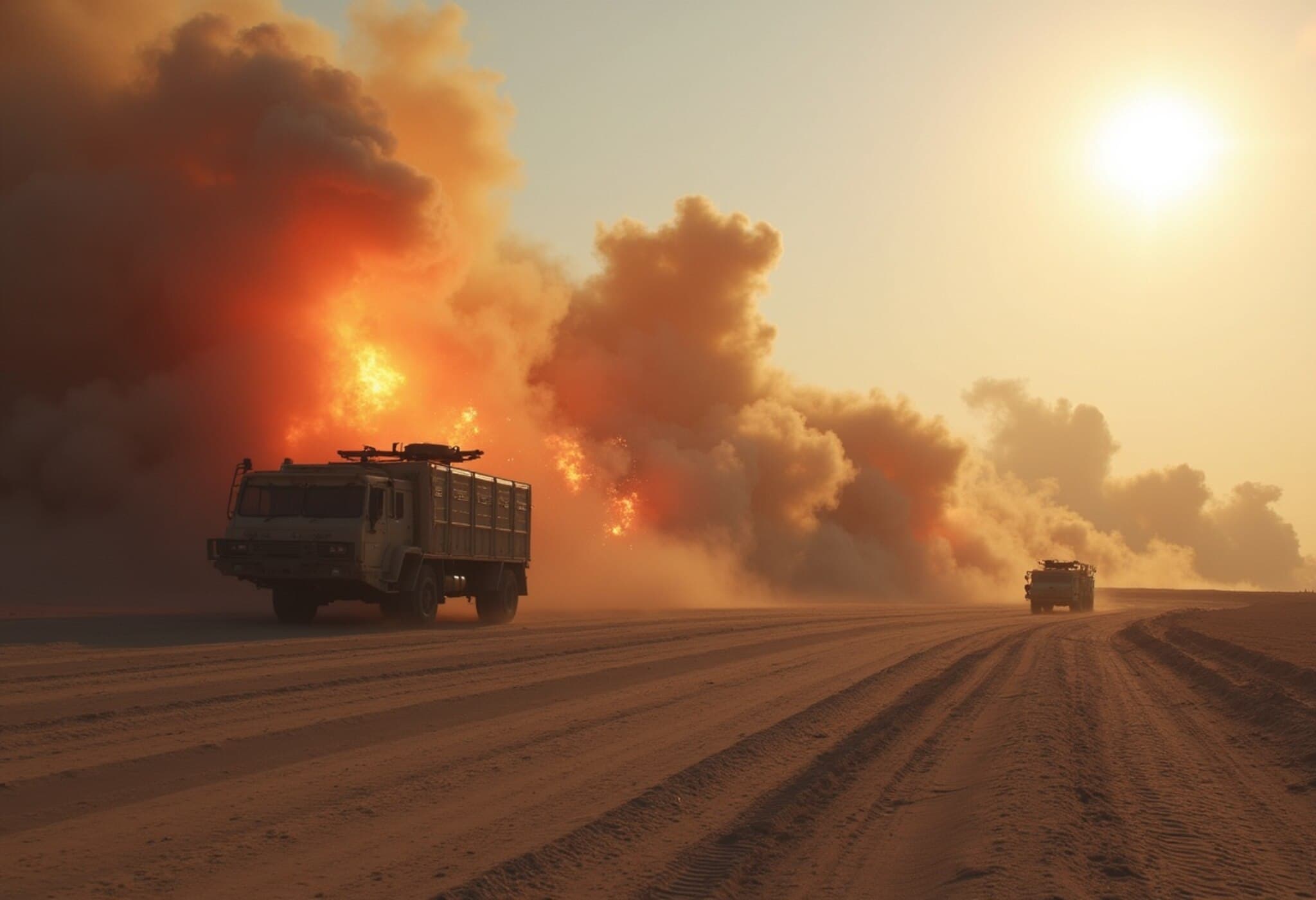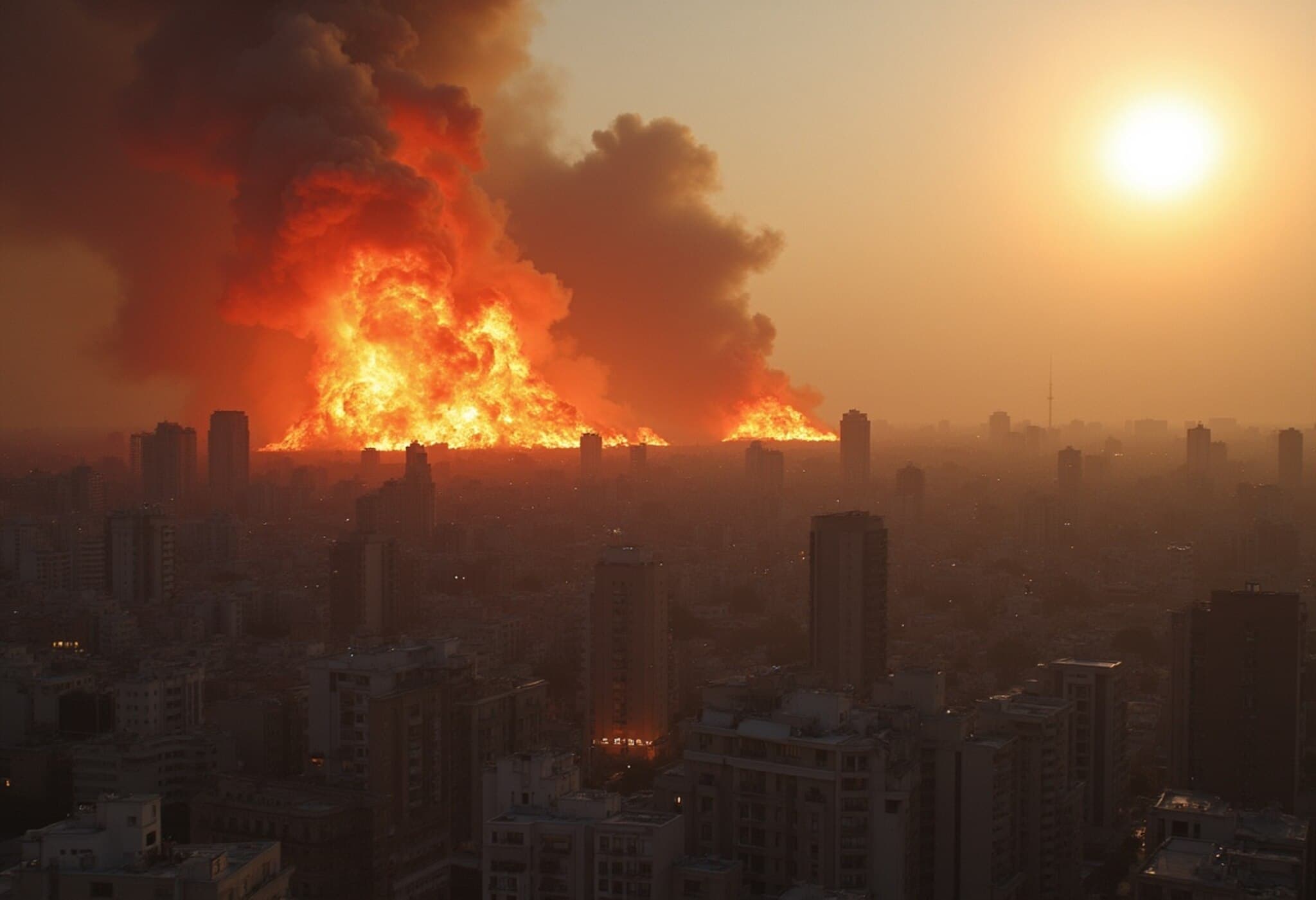A Contentious Ceasefire Claim Amid Escalating Tensions
In a surprising announcement on the twelfth day of escalating hostilities between Israel and Iran, former US President Donald Trump declared a ceasefire agreement had been reached between the two nations. However, this declaration quickly met with sharp denials from Tehran, illustrating the ongoing uncertainty clouding the conflict’s status.
Top 10 Developments Shaping the Israel-Iran Conflict
1. Trump Announces a ‘Complete and Total CEASEFIRE’
Posting on social media, Trump proclaimed the conflict was winding down with a 'Complete and Total CEASEFIRE,' set to commence within six hours for an initial 12-hour period. He framed the 12-day war as one that could have devastated the Middle East but was moving toward a peaceful resolution. His statement ended with blessings upon Israel, Iran, the Middle East, the United States, and the world.
2. Iran’s Foreign Minister Denies Any Ceasefire Agreement
Shortly after Trump’s announcement, Iran’s foreign minister released a firm statement rejecting the existence of any ceasefire deal. Emphasizing that Iran was acting defensively against Israeli aggression, he specified that military operations would continue unless Israel halted its attacks by 4 am Tehran time, signaling no formal agreement was in place at the moment.
3. Iran Confirms Military Operations Ceased at 4 am
Following up, the Iranian foreign minister confirmed military actions paused at 4 am. He lauded the courage of Iranian armed forces, underscoring their readiness to defend the nation and their persistence in responding to attacks until the last moment.
4. Supreme Leader Reaffirms Iran’s Resolve Not to Surrender
Ayatollah Ali Khamenei, Iran’s Supreme Leader, conveyed a resolute message asserting that Iran would not submit. He highlighted the historic resilience and determination of the Iranian people in the face of adversity.
5. Iranian Missile Strikes Target US Base in Qatar
Just hours before ceasefire discussions gained attention, Iran launched missile strikes on the US-operated Al Udeid Air Base in Qatar. The attack produced loud explosions heard across Doha and Lusail. Doha condemned the strikes, reporting that most missiles were intercepted without any casualties. Tehran framed these strikes as a powerful retaliation against US bombings on its nuclear facilities.
6. Trump Labels Iran’s Missile Response as Weak and Ineffective
Trump dismissed Iran’s missile barrage, pointing out that nearly all missiles were intercepted, resulting in no American casualties or significant damage. He suggested that the situation could now advance toward peace and encouraged Israel to join this path to harmony in the region.
7. Appreciation Extended to Qatar’s Emir for Preventing Escalation
Trump expressed gratitude to Qatar’s Emir for efforts towards regional peace and confirmed no Qataris were harmed by the missile attacks on their soil, underscoring the Emir’s role in diffusing tension.
8. Trump Criticizes Russian Official over Nuclear Threat Comments
In an additional post, Trump voiced concern over remarks attributed to a Russian ex-president, allegedly referencing the provision of nuclear warheads to Iran. He questioned the seriousness of such claims and signaled alarm regarding the mention of nuclear capabilities entering the conflict narrative.
9. Israeli Drone Strike and Iran’s “Operation True Promise 3”
Prior to the missile exchanges, Israel reportedly conducted a drone strike on Tehran’s Evin prison, known for detaining political prisoners. Iran responded with a third wave of missile and drone attacks dubbed "Operation True Promise 3," targeting several Israeli cities including Haifa and Tel Aviv. Iranian officials condemned the Israeli strike as illegal aggression tied to ongoing human rights concerns at the prison, managed by the IRGC.
10. Iran’s President Asserts Defensive Posture
Iran’s president stressed the country neither initiated nor seeks war but maintains a firm stance against any invasion. He emphasized Iran’s unwillingness to allow aggression to go unanswered, affirming the nation’s defensive approach in this conflict.
Looking Ahead
With both sides maintaining strong positions and conflicting narratives over a ceasefire, the region remains on edge. The recent missile strikes and retaliations underscore persistent volatility, making international diplomatic engagement more critical than ever.

